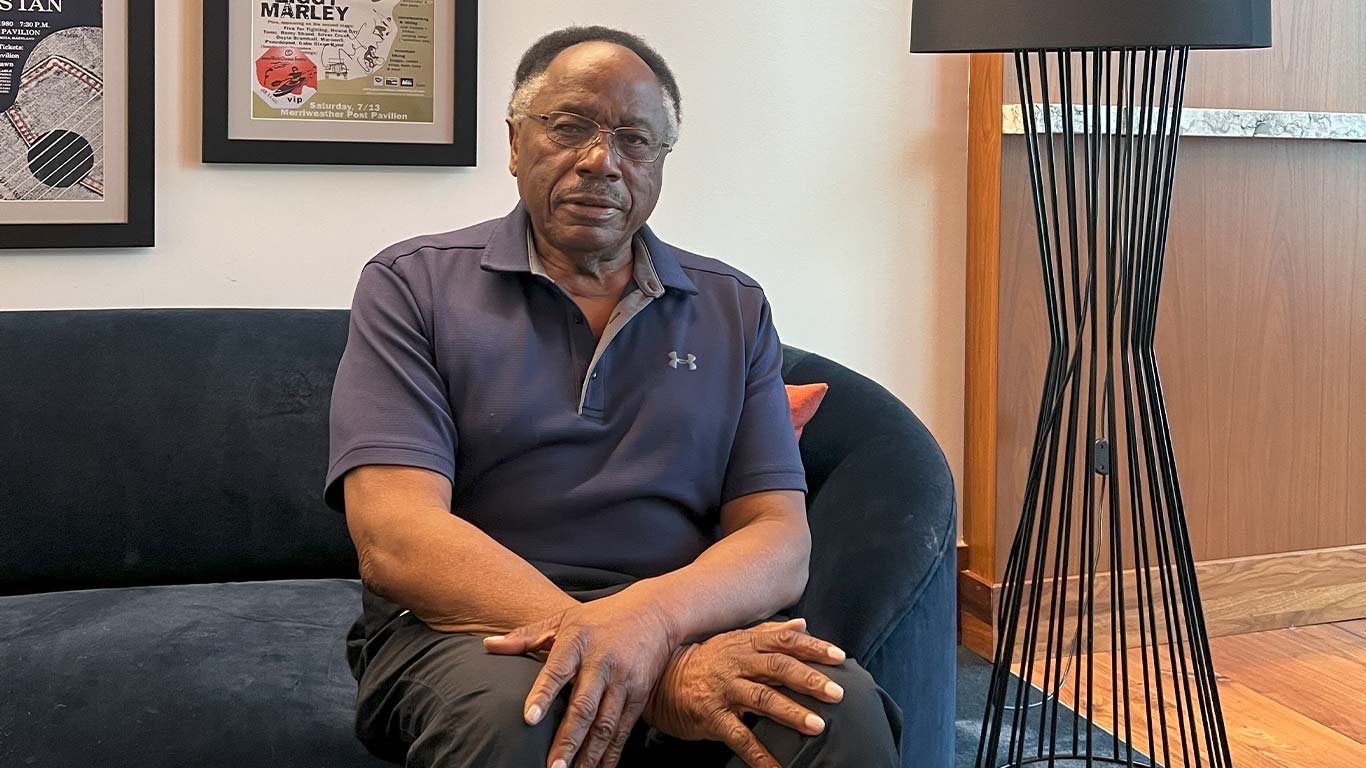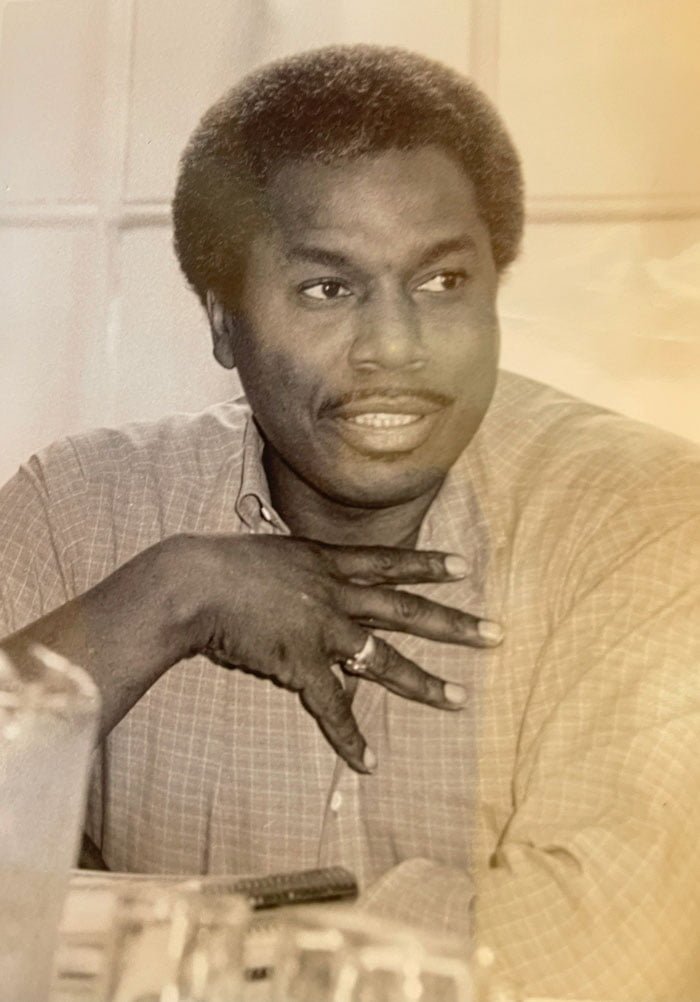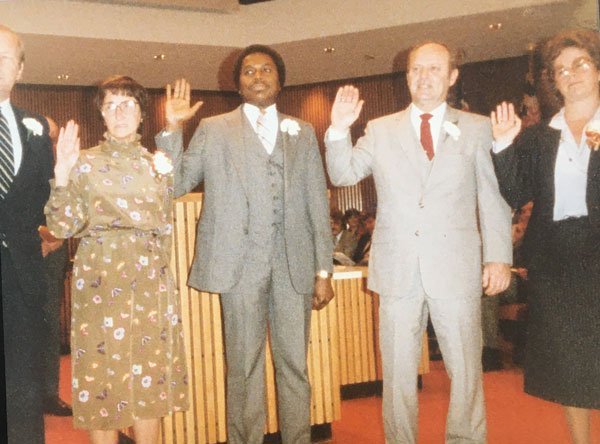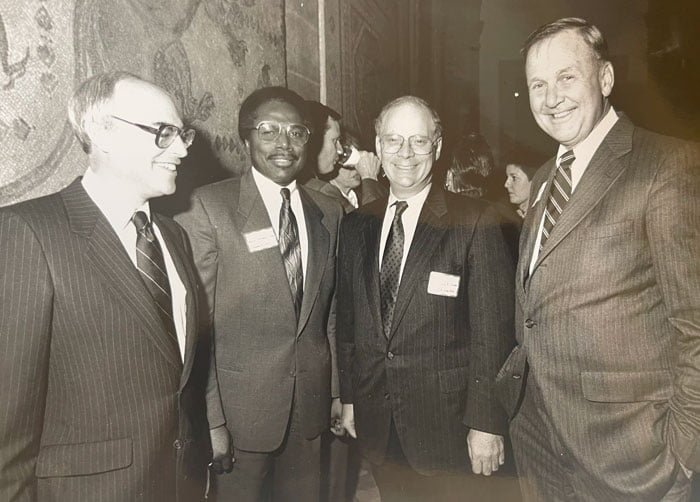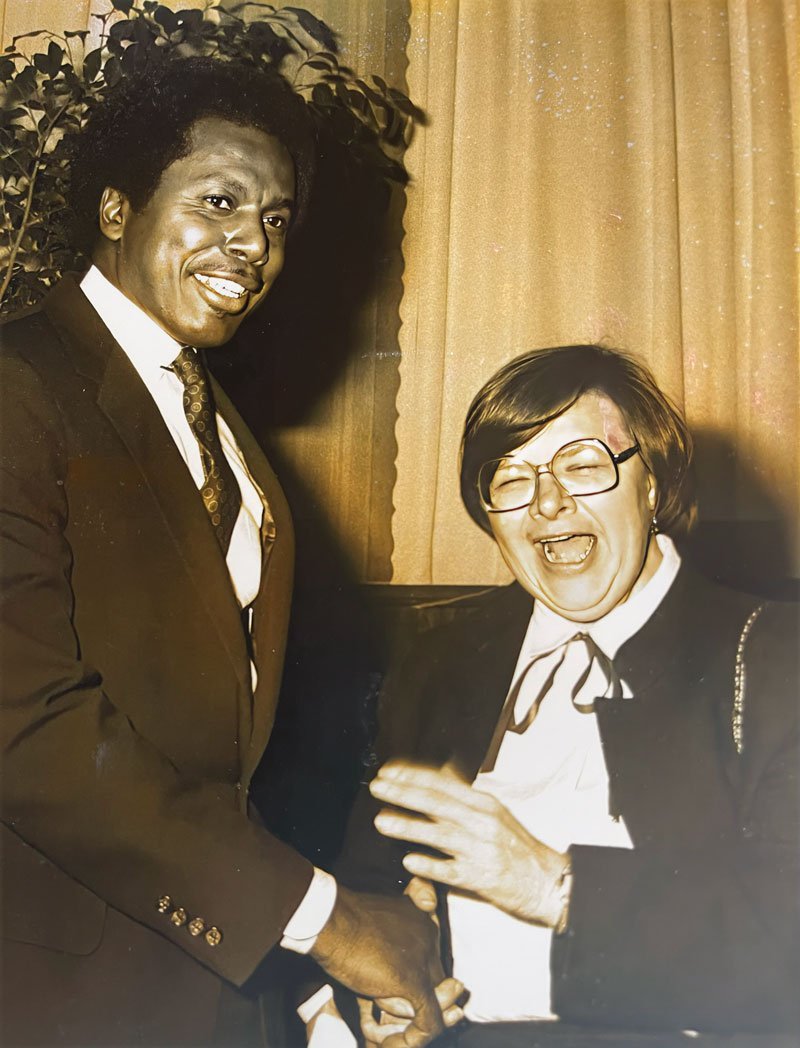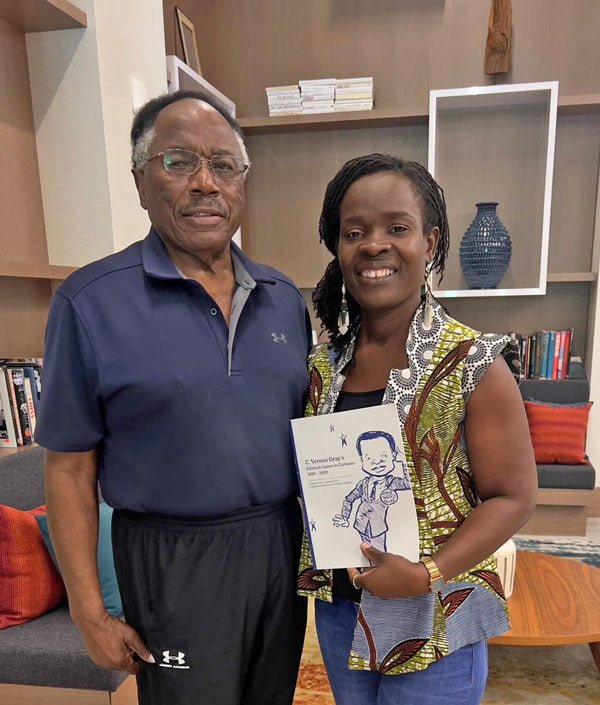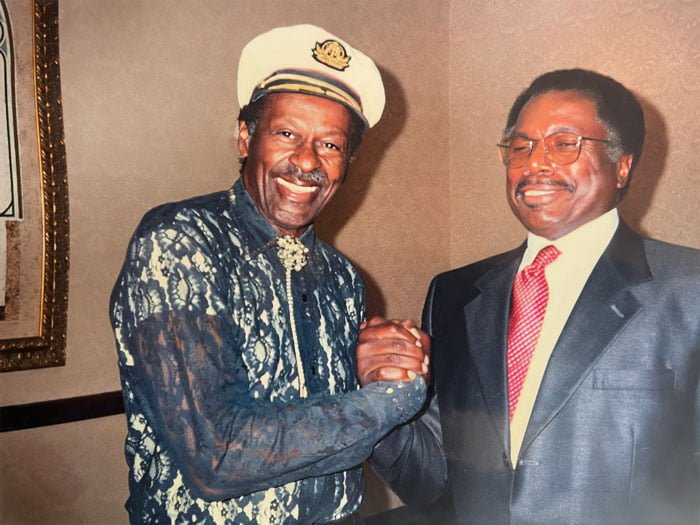Dr. Vernon Gray, a trailblazing public servant, made significant strides in his career, including being the first African-American elected to the Howard County Council in 1982 and serving multiple terms as Council Chairman. His leadership extended to roles such as President of the Maryland Association of Counties and head of the National Association of Counties. Appointed by Governor Parris Glendening to the Judicial Nominating Commission in 1994, Dr. Gray also contributed as the Administrator for the Howard County Office of Human Rights and founded initiatives like the Healthy Families Initiative and the First Tee of Howard County.
At 85 years, Dr. Gray reflects on his life, from growing up in a rural segregated community to becoming a college professor and politician. Inspired by mentors such as his grandfather, father, mother, and an elementary school principal, he emphasizes the importance of learning from life’s experiences. His memoir shares these life lessons, focusing on politics, human rights advocacy, and education.
10 Key Lessons from Dr. Vernon Gray’s 20 Years as a Councilman
- Early Involvement Sparks Interest: Dr. Gray’s journey into politics began with his family’s engagement in political forums and voting, proving that early exposure can ignite a lifelong passion for any area of life. His involvement in student government and community groups laid a strong foundation for his political career, emphasizing the importance of grassroots engagement.

- The Value of Education: Despite his parents’ limited education, Dr. Gray’s mother encouraged him to pursue higher education. He went on to earn a PhD in political science, which was crucial for his public service career. This highlights the essential role of education in achieving career success.

- Breaking Barriers: In 1982, as an African American running in the predominantly white Howard County, Dr. Gray became the first African American elected to the Howard County Council and later achieved a historic fifth term and fourth term as Council Chairman. He challenged racial norms and promoted diversity in politics, underscoring the need for inclusive representation and the importance of support from diverse communities.

- Advocating for Representation: Upon taking office, Dr. Gray was instrumental in increasing African American representation, including the appointment of the first Black assistant state’s attorney and Black auditors. This demonstrates the importance of advocating for diversity in public roles.

- Collaborating with Stakeholders: Dr. Gray recognized that collaboration is key to success. By working with hospitals, health departments, and community organizations, he implemented effective programs, highlighting the power of teamwork in achieving political and social objectives.

- Mantras for Resilience: Dr. Gray relied on mantras to navigate political challenges. His favorite, “Why complain when you volunteered to serve,” helped him manage conflicts and maintain a balance between political alliances and personal values, acknowledging the complexities of politics.

- Media Satire Works: Dr. Gray’s appearances in political cartoons highlighted how media can influence public perception. His hard work and commitment demonstrated that media presence, even in satire, can shape political stances and public opinion.

- Leveraging Political Influence for Community Benefits: Dr. Gray used his political position to secure funding for community initiatives, like the First Tee program. This emphasizes the importance of using political roles to bring tangible benefits to the community.

- Balancing Work and Family: Dr. Gray and his wife, Shirley, worked together during election campaigns, showcasing the vital role of family support in managing the demands of public life alongside personal responsibilities.

- Focus on Impact Over Titles: Dr. Gray prioritized making a meaningful impact over seeking prestigious titles. His approach underscores the value of purpose-driven leadership and the importance of making a difference, rather than seeking personal recognition. Ultimately, what matters is the positive impact, not who gets the credit.


